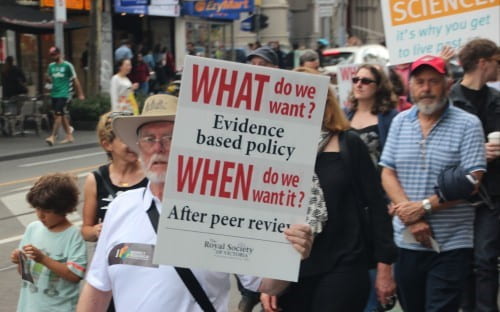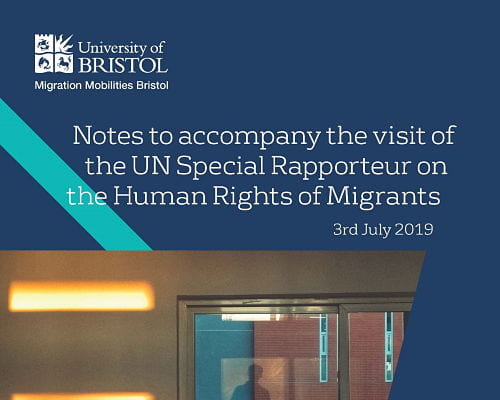
By Diego Acosta, Bridget Anderson and Lindsey Pike
On 3 July 2019, the UN Special Rapporteur on the Human Rights of Migrants, Professor Felipe González, visited the University of Bristol. The event was organized by Migration Mobilities Bristol (MMB) with funding from PolicyBristol. Here we outline the scope of his work and focus of his visit. Continue reading

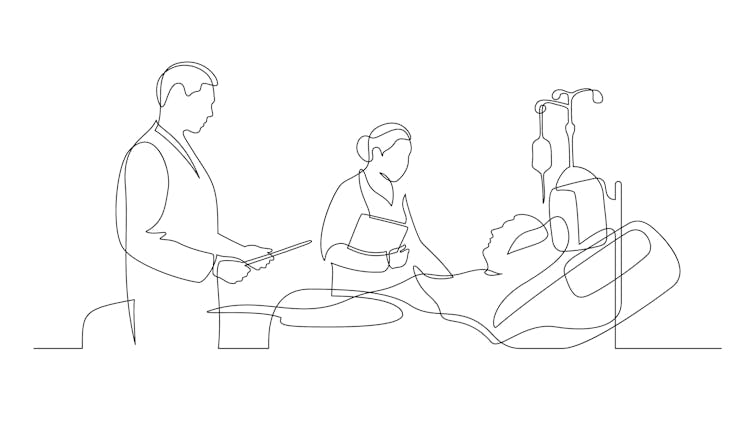
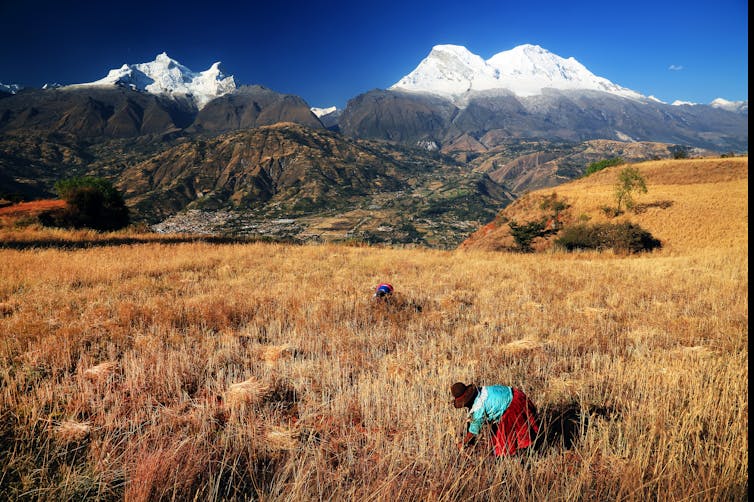

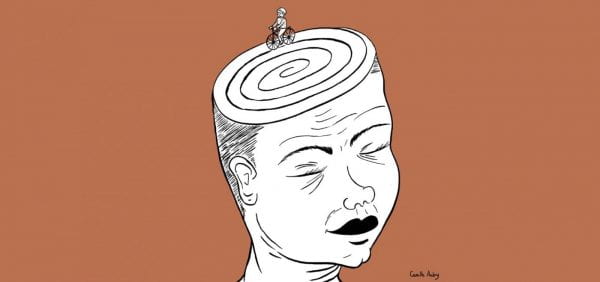

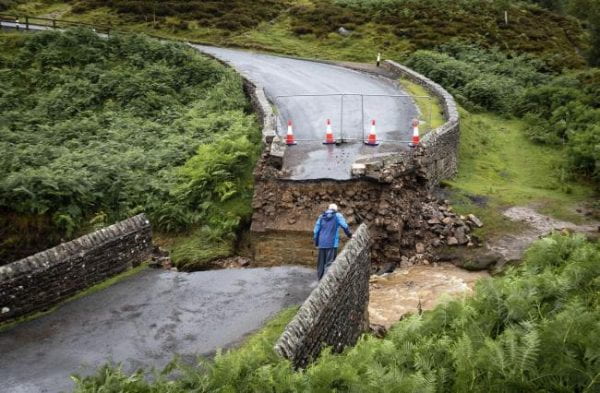 The damaged bridge near Grinton. July 2019 Picture: Danny Lawson/ PA
The damaged bridge near Grinton. July 2019 Picture: Danny Lawson/ PA
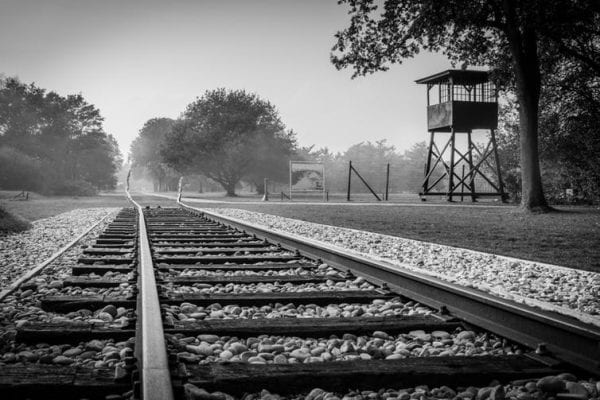 Kamp Westerbork.
Kamp Westerbork.